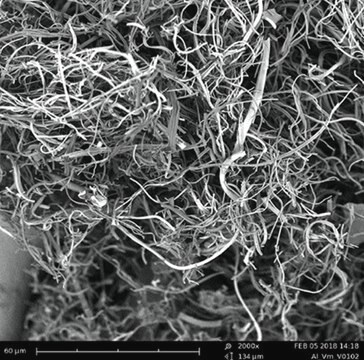05184
Aluminum oxide
for the determination of hydrocarbons
Synonym(s):
Alumina
Sign Into View Organizational & Contract Pricing
All Photos(1)
About This Item
Linear Formula:
Al2O3
CAS Number:
Molecular Weight:
101.96
EC Number:
MDL number:
UNSPSC Code:
41115711
PubChem Substance ID:
NACRES:
NB.21
Recommended Products
form
powder
Quality Level
quality
for the determination of hydrocarbons
technique(s)
thin layer chromatography (TLC): suitable
particle size
0.05-0.15 mm
pH
7.0±1.0
mp
2040 °C (lit.)
SMILES string
O=[Al]O[Al]=O
InChI
1S/2Al.3O
InChI key
TWNQGVIAIRXVLR-UHFFFAOYSA-N
Looking for similar products? Visit Product Comparison Guide
Storage Class Code
13 - Non Combustible Solids
WGK
nwg
Flash Point(F)
Not applicable
Flash Point(C)
Not applicable
Personal Protective Equipment
dust mask type N95 (US), Eyeshields, Gloves
Choose from one of the most recent versions:
Certificates of Analysis (COA)
Lot/Batch Number
Don't see the Right Version?
If you require a particular version, you can look up a specific certificate by the Lot or Batch number.
Already Own This Product?
Find documentation for the products that you have recently purchased in the Document Library.
Customers Also Viewed
Chien-Chih Lin et al.
Nanoscale, 5(17), 8090-8097 (2013-07-25)
We demonstrated a promising route for enhancing temperature sensitivity, improving saturation voltage, and reducing power consumption of the MOS(p) tunneling temperature sensors by introducing ultrathin Al2O3 into the dielectric stacks. Detailed illustrations of the working mechanism and device concept are
Jaakko Akola et al.
Proceedings of the National Academy of Sciences of the United States of America, 110(25), 10129-10134 (2013-06-01)
Glass formation in the CaO-Al2O3 system represents an important phenomenon because it does not contain typical network-forming cations. We have produced structural models of CaO-Al2O3 glasses using combined density functional theory-reverse Monte Carlo simulations and obtained structures that reproduce experiments
Colin J Ingham et al.
Biotechnology advances, 30(5), 1089-1099 (2011-08-23)
Porous aluminum oxide (PAO) is a ceramic formed by an anodization process of pure aluminum that enables the controllable assembly of exceptionally dense and regular nanopores in a planar membrane. As a consequence, PAO has a high porosity, nanopores with
Nemanja Danilovic et al.
Angewandte Chemie (International ed. in English), 53(51), 14016-14021 (2014-10-10)
The methods used to improve catalytic activity are well-established, however elucidating the factors that simultaneously control activity and stability is still lacking, especially for oxygen evolution reaction (OER) catalysts. Here, by studying fundamental links between the activity and stability of
Yi Tian et al.
Journal of the American Chemical Society, 136(36), 12784-12793 (2014-08-19)
Organic neutral radicals have long fascinated chemists with a fundamental understanding of structure-reactivity relationships in organic reactions and with applications as new functional materials. However, the elusive nature of these radicals makes the synthesis, isolation, and characterization very challenging. In
Our team of scientists has experience in all areas of research including Life Science, Material Science, Chemical Synthesis, Chromatography, Analytical and many others.
Contact Technical Service


